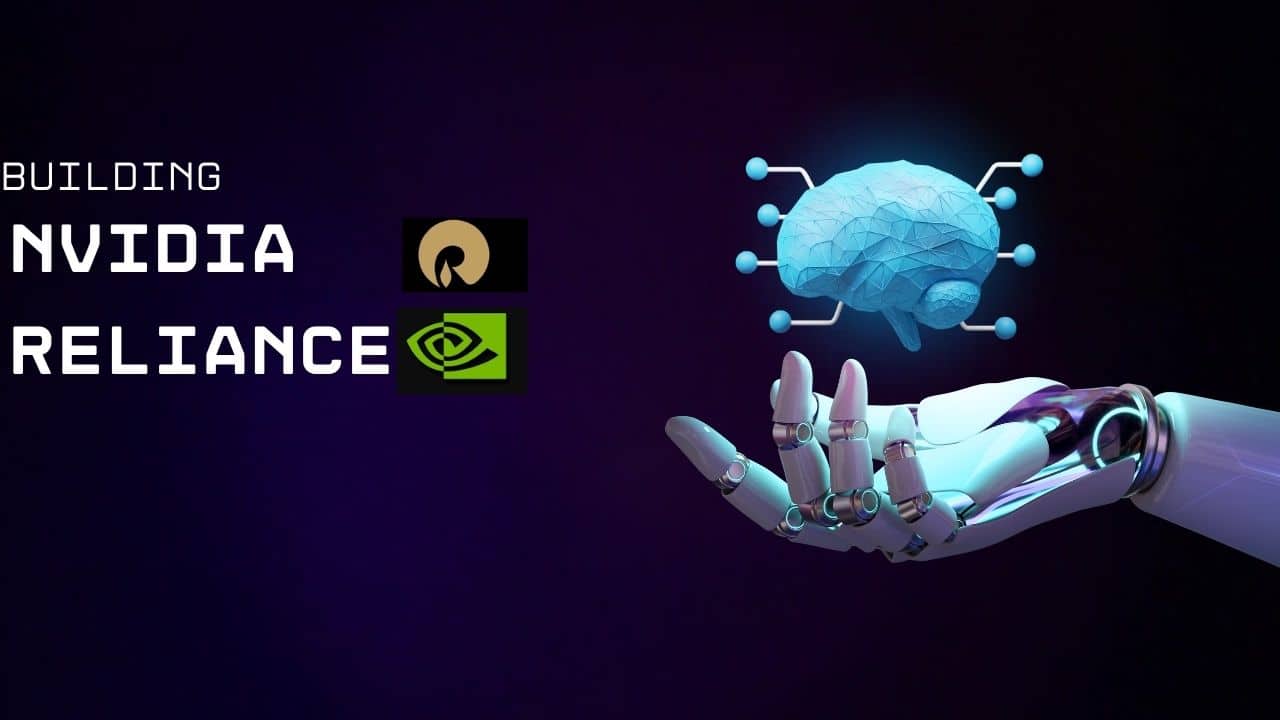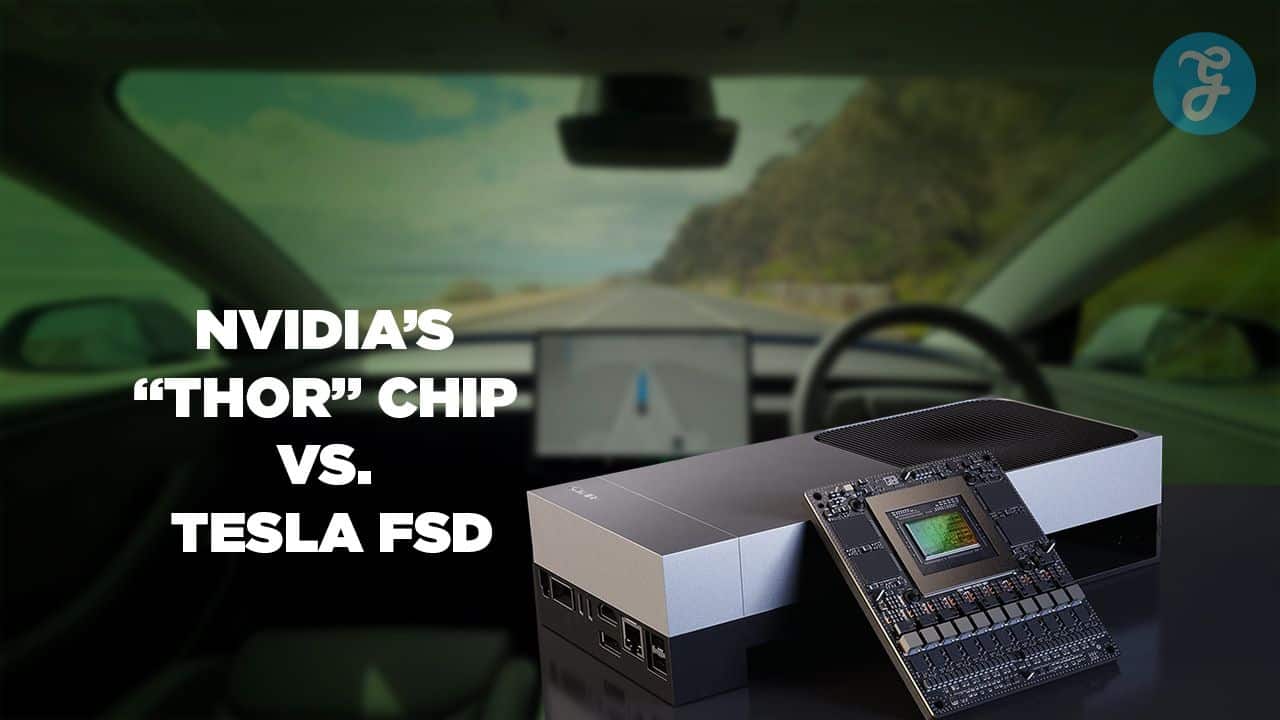Reliance Industries’ Jio Platforms has joined forces with GPU giant Nvidia to collaborate on the development of a large language model trained in India’s diverse languages. This move comes as India’s largest corporate entity expands into a rapidly growing yet locally uncharted territory.
In this strategic partnership, the two companies are not only focusing on language models but are also aiming to construct an AI infrastructure that promises to be “over an order of magnitude more powerful than the fastest supercomputer in India today,” though they haven’t specified a timeline for this endeavor. Reliance has stated that this cloud infrastructure will provide accelerated computing access to a wide range of professionals in India, including researchers, developers, startups, scientists, and AI experts.
As part of the collaboration, Nvidia will supply Jio with comprehensive AI supercomputer solutions, including the Nvidia GH200 Grace Hopper Superchip and Nvidia DGX Cloud, along with frameworks for the development of advanced AI models. Jio, on its end, will be responsible for managing the AI cloud infrastructure and handling customer interactions and access.
Nvidia’s CEO, Jensen Huang, expressed his enthusiasm for the partnership, emphasizing India’s scale, data resources, and talent pool. He believes that with this cutting-edge AI computing infrastructure, Reliance will be able to create its own large language models to power generative AI applications developed right here in India, for the benefit of the Indian people.
espite being the world’s most populous country, India has yet to make a significant impact on the global AI stage. Many Indian startups and established local companies have primarily focused on developing applications using large language models created by organizations like OpenAI. Meanwhile, companies and nations around the world are in a race to secure coveted Nvidia chips to power their own large language models.
Reliance Industries, traditionally known for its oil business, has significantly diversified its portfolio over the past decade, venturing into sectors such as telecom and video streaming. One of its major subsidiaries, Jio Platforms, backed by heavyweights like Meta, Google, Qualcomm, and Intel, is increasingly positioning itself as a crucial technology distribution partner for global giants. It has a decade-long partnership with Microsoft to launch cloud data centers and offer various business solutions. Just last month, Jio deepened its collaboration with Netflix.
Mukesh Ambani, chairman and managing director of Reliance Industries, emphasized the transformative potential of the collaboration with Nvidia, stating that it would play a crucial role in India’s technological advancement and growth, similar to how Jio revolutionized the nation’s digital landscape.
Nvidia also announced a partnership with India’s Tata Group to provide AI training to 600,000 employees at the consultancy firm TCS (Tata Consultancy Services) and develop AI infrastructure with Tata Communications.
Industry experts attribute India’s lack of AI-first startups in part to a skills gap within the country’s workforce. The emergence of generative AI has the potential to disrupt many service jobs, a concern raised by analysts.
Bernstein analysts noted that India’s IT sector still employs a significant number of low-end workers, such as those in business process outsourcing (BPO) or system maintenance. While AI is not yet causing major disruptions, the technology is advancing rapidly.
In contrast to many other countries, New Delhi has taken a different approach by stating that India will not impose heavy regulations on the growth of AI, signaling a willingness to foster innovation and development in the field.




































